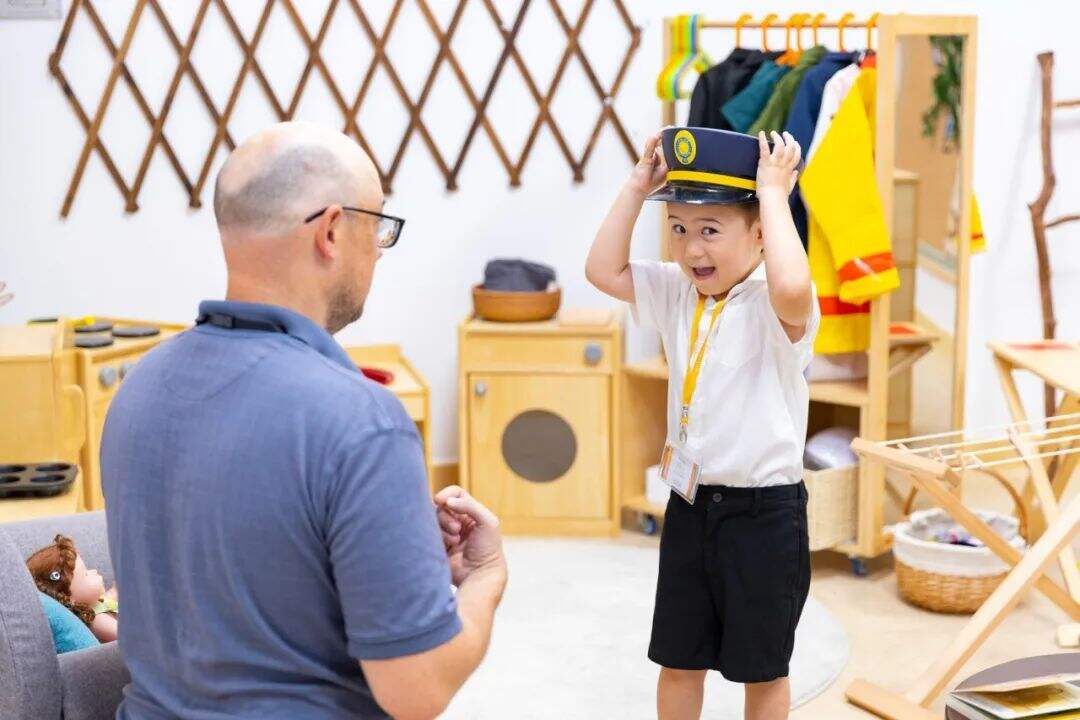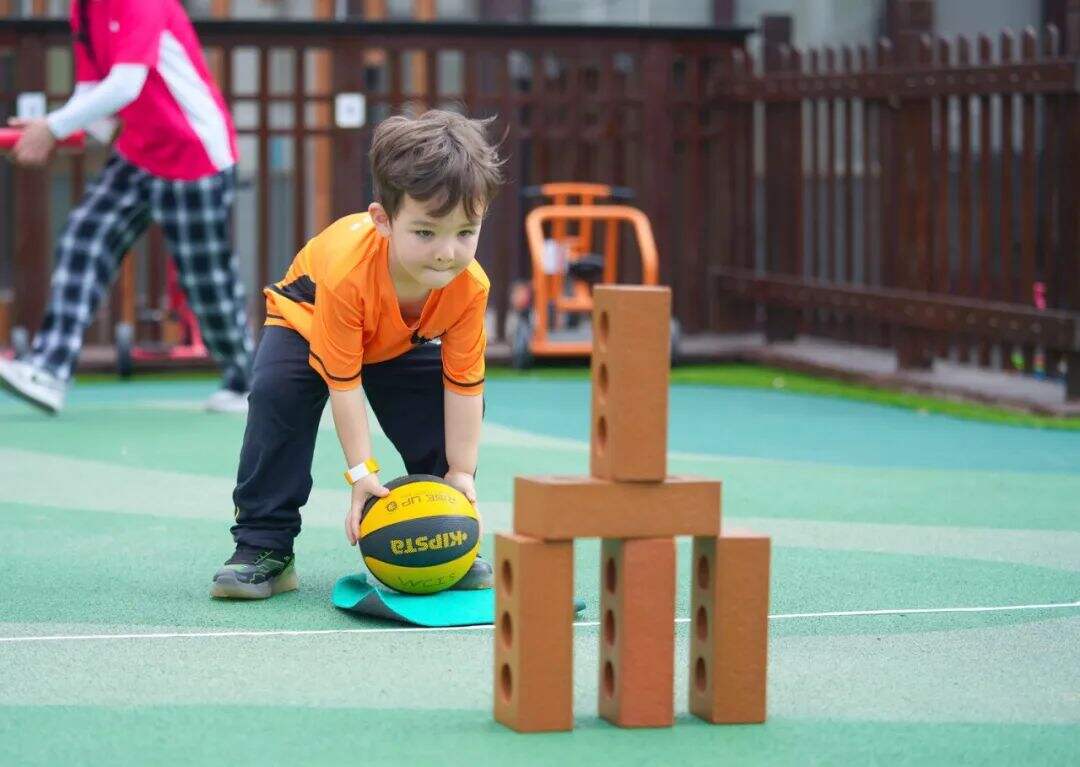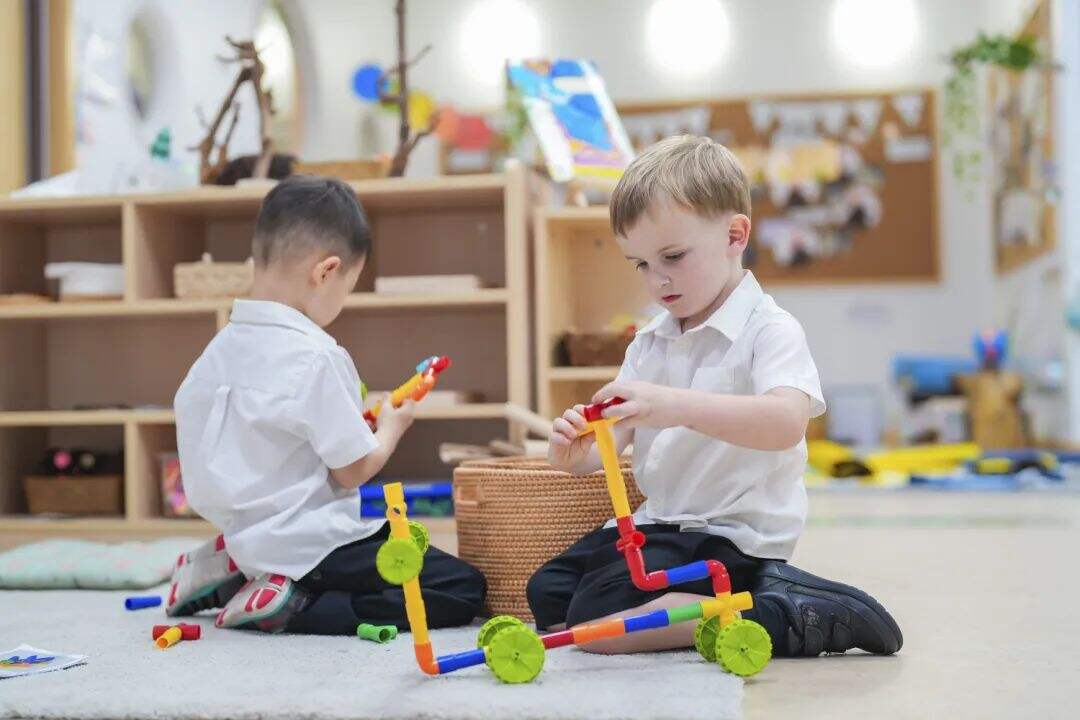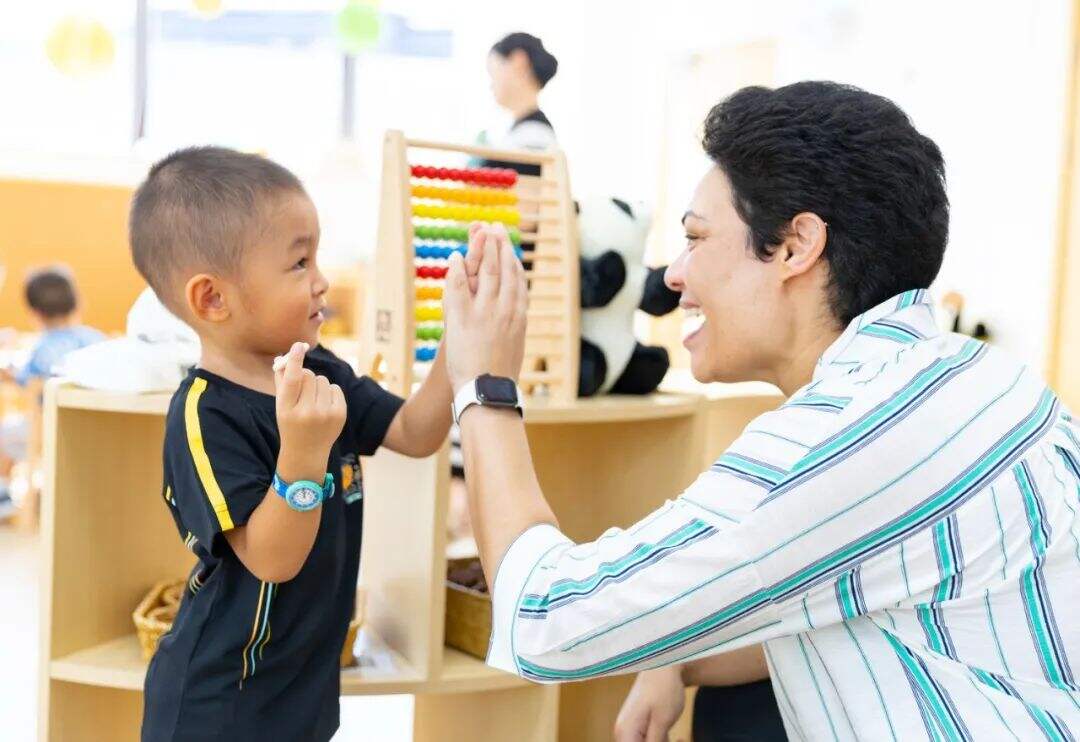Fostering self-care and independence in Early Years

Establish routines

Establishing routines early and often is a great way to instil a growing sense of autonomy in your child. You can start by incorporating a few simple grooming or organisational tasks like brushing their teeth, getting dressed or tidying up their toys into their daily routine. This repetition will help your children understand the sequence of events and what is expected of them. With time, they will begin to understand that these tasks are not just chores you are imposing on them, but rather essential habits that contribute to their overall wellbeing. This gradual development of independent habits empowers your children to take responsibility for their actions. It fosters a greater sense of control and ownership that prepares them for more complex tasks that will inevitably arise as they grow up.
Encourage independent decision-making
Even at a young age, your children can make simple decisions, like selecting their outfit for the day or choosing a book for bedtime. By letting them do this, your child begins to understand that their choices have consequences. For example, if they choose to wear a sweater on a summer day, they will likely feel uncomfortable. Through experiences like this, your child gradually learns to weigh their options carefully. They develop important critical thinking skills and are better equipped to handle more complex decision-making situations as they mature.

Granting your child a certain measure of choice also nurtures their self-confidence. When they experience the results of their decisions, it reinforces their belief in their abilities. They learn that their opinions and preferences matter, and they become more willing to express themselves and assert their independence.

However, it is important to strike a balance between offering choices and providing guidance. There are some decisions your young child is not yet equipped to make, especially those related to their safety and wellbeing. In such cases, it is important to step in and offer guidance, explaining the reasoning behind your recommendations. This way, your child will gradually gain the wisdom to make increasingly more informed choices.
Embrace failure

Every mistake is a teachable moment. When you allow your child to make mistakes or experience failure, they learn that it is a natural part of the learning process and not something to fear or avoid. By embracing failure as an opportunity for growth, children develop perseverance, adaptability and a growth mindset. They become more confident in taking risks, exploring new ideas, and developing their own strategies. Allowing them to navigate failure independently fosters self-reliance and prepares them for challenges they will encounter throughout their lives.
Let your child grow into responsibility

Give your child age-appropriate responsibilities that they can realistically fulfil. This promotes a sense of achievement and responsibility in children. A young toddler, for instance, should be capable of simple tasks like putting their dirty clothes in the hamper or putting their toys away when playtime is over. This teaches your child accountability and the importance of meaningfully contributing to family life. However, be sure to find a balance that encourages effort and dedication without being too demanding for their age and ability. Start small and gradually increase the complexity of tasks as your child grows and develops.
Practice positive reinforcement

Positive reinforcement encourages repeated behaviour. So, when you notice your child independently completing a task like picking up their toys or getting dressed, be sure to praise them. The task does not need to be done perfectly; just focus on effort and independence. Rather than criticising shortcomings, try to encourage improvement. For example, if your child picks up most of their toys but still leaves a few out, you might say, "You did such a good job picking up your toys. Next time I bet you can put them all away."

With the right balance of freedom and guidance, children gain the tools to become capable, self-assured individuals, while still knowing their parents are there to offer support when needed. Fostering independence and self-care empowers them to take charge of their lives, preparing them for whatever challenges lie ahead.

Related Articles















